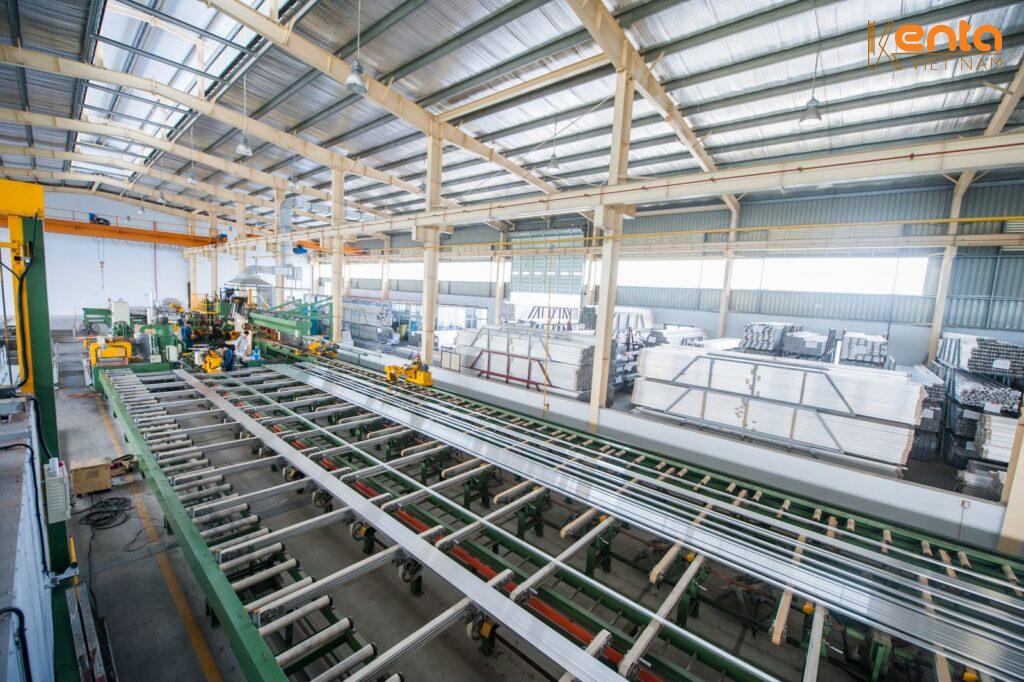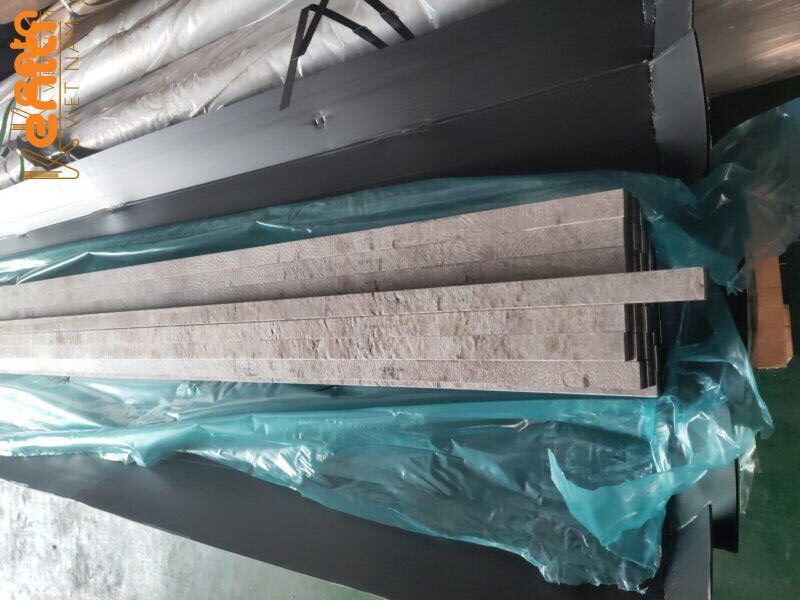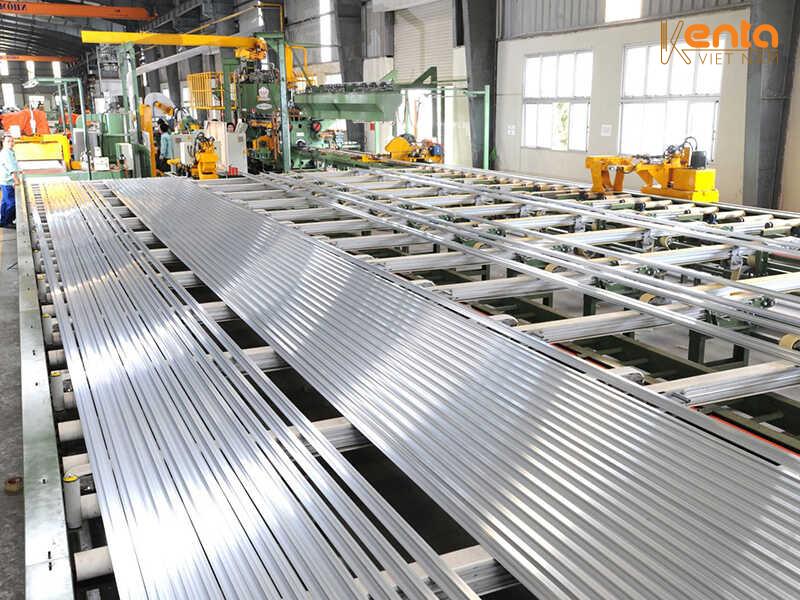Knowledge, Technology
Does bimetallic material resist corrosion?
In work, you often hear about bimetal materials – especially in the electrical, mechanical, or manufacturing industries. But when it comes to reality, the biggest question is: “Are bimetal materials corrosion-resistant? Do they resist rust and corrosion?” This article will help you understand the nature of bimetals, their corrosion resistance, and when to – or when not to – use this type of material.
What is bimetal that so many people favor?
Bimetalsimply put, is the combination of two different metals – usually to take advantage of the strengths of both. For example, one metal conducts electricity well but oxidizes easily, while the other is more durable but a poor conductor. When combined, you get a material that is both durable and efficient.
Sounds ideal, right? But the story isn’t just about joining two metals together; the important part is how they are joined and what they’re used for. And that’s where corrosion becomes a concern.
Is bimetal prone to rusting if left outdoors?
This is probably a question many ask, especially when using bimetals in outdoor projects, factories, or electrical equipment.

The answer is: it can rust – if used incorrectly, and it can be very durable – if you understand the material’s nature and choose the right type. Each metal in the bimetal has a different level of corrosion resistance. For example, aluminum has a self-protecting oxide layer, while copper is very durable in humid environments. But if copper and aluminum are combined and water gets trapped between the two layers, electrochemical reactions can occur – and the aluminum will “sacrifice” itself first.
So, whether it corrodes depends not entirely on the material, but on how you use it.
Is bimetal prone to rusting if left outdoors?
It can be durable, even very durable, if used in the right place.
In the electrical industry, bimetals are commonly used at cable lugs, conductors, or electrical cabinets – places where aluminum wires need to connect to copper devices. In the mechanical industry, bimetals are used in flanges, drive shafts, or load-bearing parts – thanks to the hard steel inside and the corrosion-resistant outer layer.
However, if you use bimetal in areas exposed to seawater or strong corrosive chemicals without surface treatment, you’ll face problems after some time. In other words, bimetal is not “bulletproof,” but if you understand its nature, it is a smart and effective choice.
How to use bimetal without worrying about rust?
There are three main factors you need to consider if you want to use bimetal long-term without rust:
First, choose the right type of material. Not all metal pairs are “compatible.” Some popular pairs like aluminum-steel or copper-aluminum can control corrosion well if processed correctly.

Second, the metal joining technology is very important. Methods like explosion welding, hot pressing, or special welding need to follow proper procedures to avoid gaps or uneven surfaces that allow moisture to penetrate.
Third, treat the surface after processing. Applying a protective coating, using anti-oxidation adhesives, or plating an insulating layer will significantly reduce corrosion, especially in humid, dusty environments or near chemicals.
Where to find quality bimetal materials for peace of mind in long-term use?
This is the most valuable question. No matter how well you understand the technique, if the materials you purchase are substandard, it’s difficult to guarantee real durability.
At Kenta VietNamwe specialize in supplying bimetal materials such as aluminum-copper, aluminum-steel, steel-copper… All products have full CO – CQ certificates, are stocked in Hai Phong warehouse, and can be processed according to specific requirements.
You can come to see the stock in person, check the actual goods before placing an order. Kenta's technical team is ready to explain every detail of the materials so you can understand what you are using and why it is suitable.




















